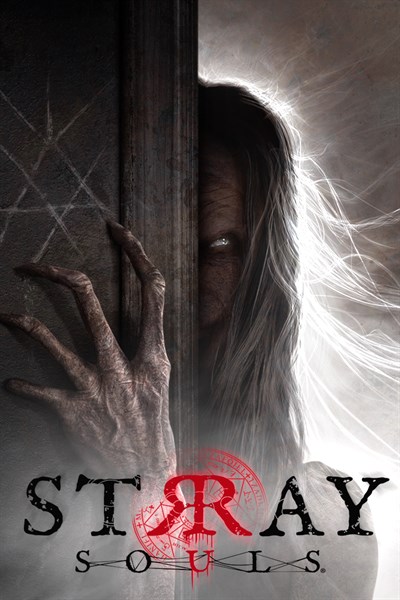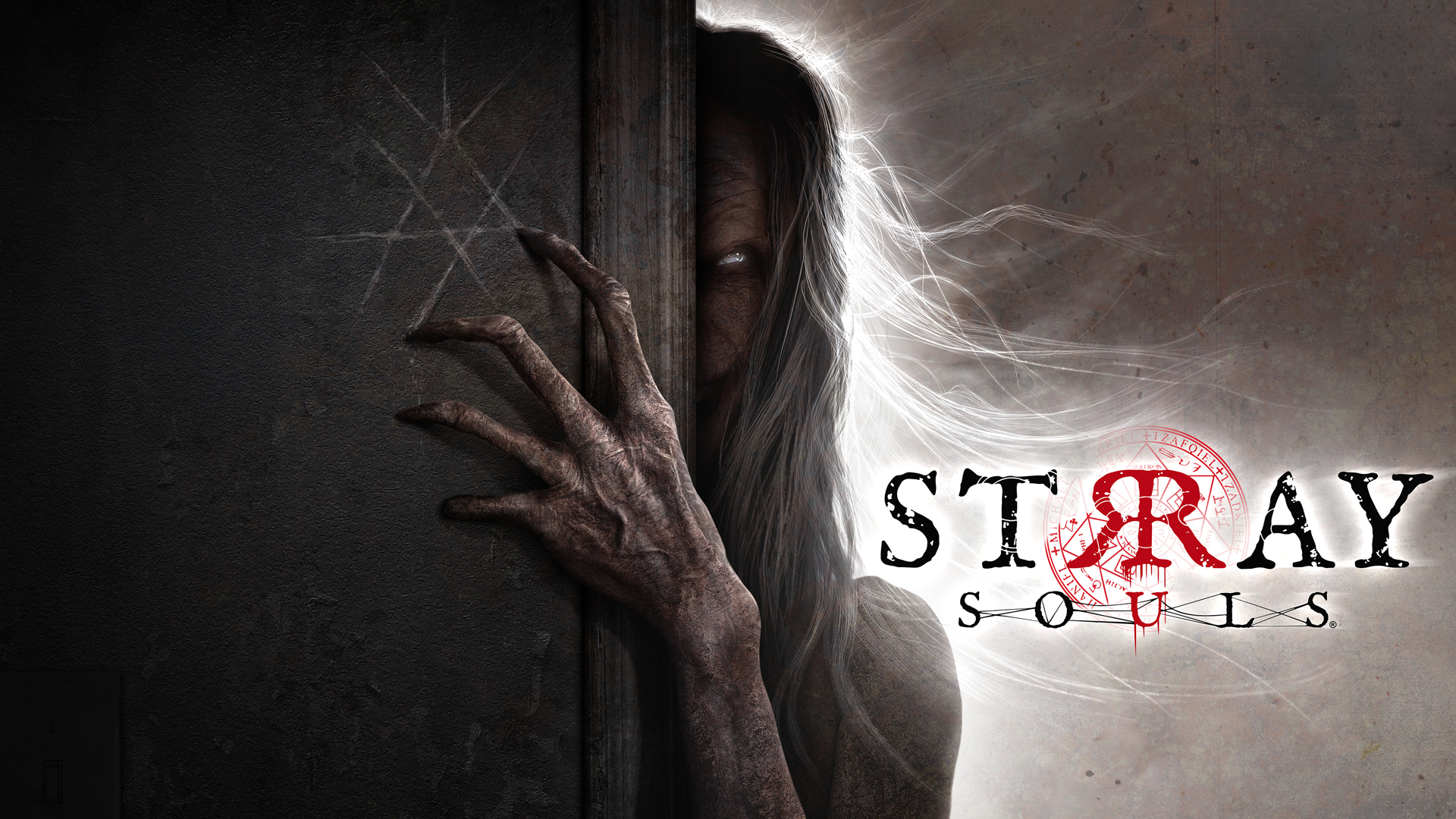
When Jukai Studio officially opened its doors in 2022, there was never any doubt about which project they wanted to tackle first: an untitled horror concept near and dear to their hearts that would eventually become Stray Souls.
To make Stray Souls, the team recalled their all-time favorite horror games and asked themselves, “Why do we love them? What makes these games so memorable?” Although a variety of favorites were discussed at length, it was the Silent Hill franchise that universally sat atop of everyone’s list.
The Stray Souls mission was clear: create a truly immersive player experience inspired by the classics of the genre. To accomplish this, the team prioritized great audio, and for that, they turned to none other than Akira Yamaoka, whose work on the Silent Hill series is iconic. Together with veteran indie composer Pete Wicher, the team have created a soundtrack to be extremely proud of and one we’re sure players are going to love.
To celebrate this all-star collaboration, we sat down with the legend himself and asked Akira about his creation process.
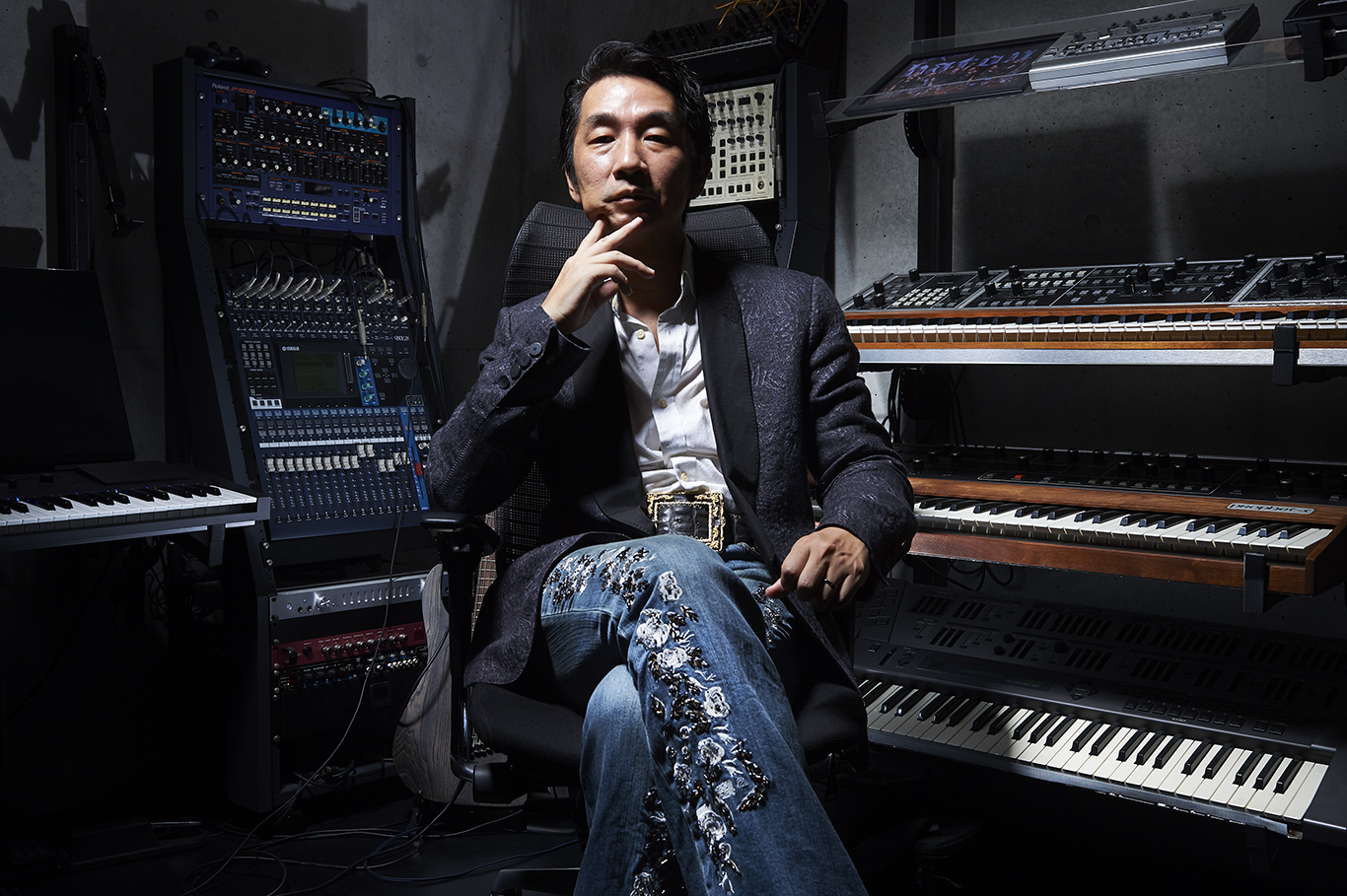
Your music has been widely praised for its ability to evoke emotions and set the tone for a game’s atmosphere. Can you share your approach to composing music that creates emotional impact in video games?
I think it’s important to communicate with lots of people, read lots of books, watch lots of movies, and use that all as a reference. Musical creation can be seen as a skill, so it can be learned, but in order to evoke emotions and atmosphere, it is important to think about how it makes you feel.
Humans have many emotions, and each person is different. To evoke such an array of emotions, you need to think about them as you encounter them through communicating with many people, reading many books, and watching many movies. You can’t just meet people and read books, though. It’s also important to consider things from your own perspective.
As a composer, how do you collaborate with game developers and other members of the creative team to ensure that your music enhances the overall gameplay experience?
It is necessary to achieve a deeper understanding of the game’s direction and contents, and not just make music because it’s your job. Music shouldn’t be created as ordered. You need a deeper understanding of the game. Therefore, I think it is important to talk a lot with the game developers.
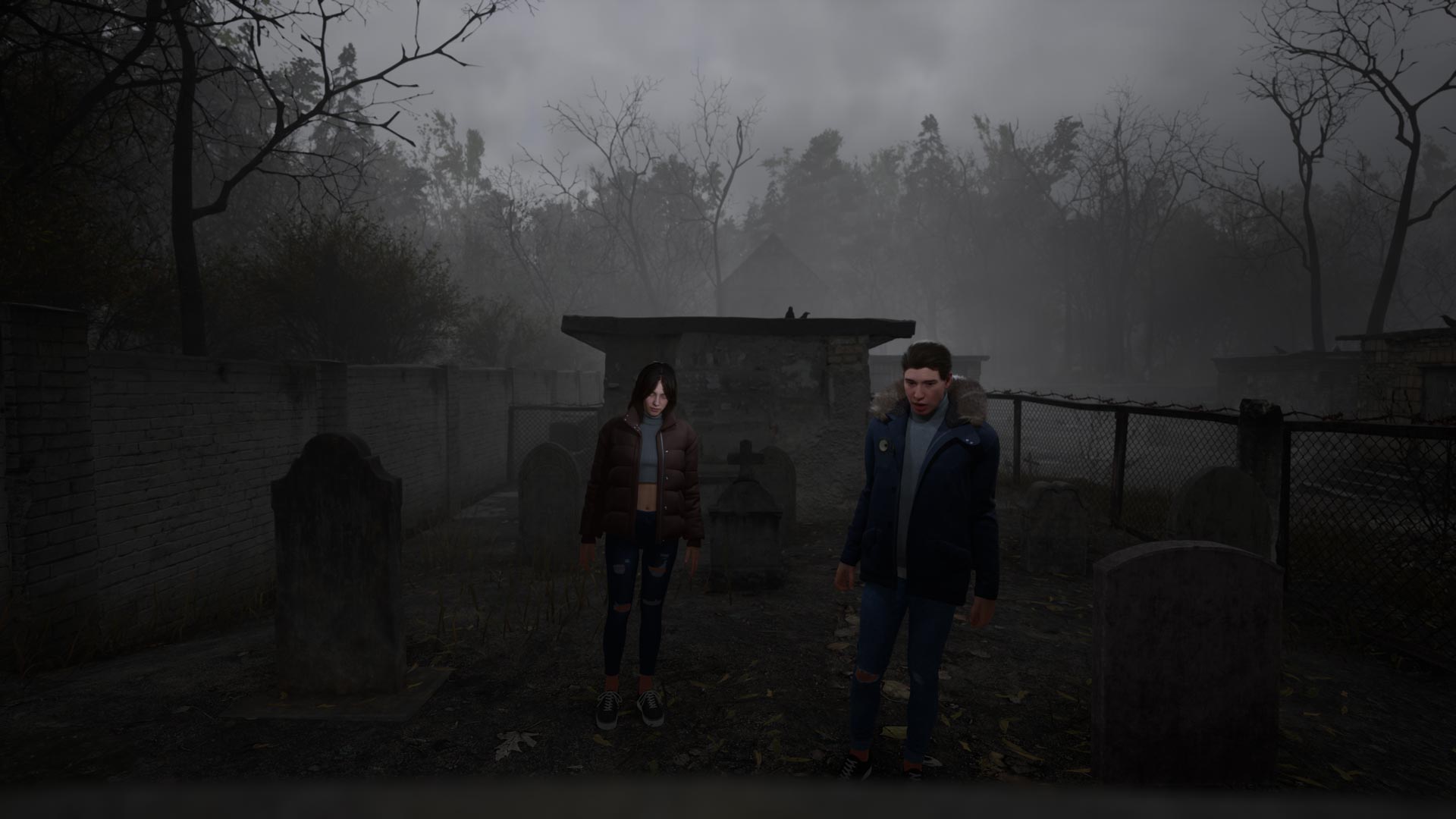
Your work is highly regarded for its innovative use of unconventional instruments and sounds. Can you talk about your process of incorporating unconventional elements into your music and how it enhances the storytelling in games?
I think about how the essence of a sound is felt. When making music, you usually use the piano for a ballad or a guitar for a rock song, but I think something so easily imaginable is not the essence of sound. You must take a sound and really think about how the listener will feel when they hear it.
Take, for example, the metallic clang of a construction site, or, on the other hand, the sound of water flowing down a river. Start with the feeling you get from that sound, and use it to create music, and I think you will get something that evokes emotion from the listener.
In addition to composing music, you have also been involved in sound design for video games. Can you share your insights on the relationship between music and sound design in creating an immersive audio experience for players?
Of course, the linchpin of game creation is creating entertainment, so I think it differs from a musician creating music. You first must think of what can make the game more fun and more interesting, so inevitably, just making music becomes less important. In other words, you must create a certain “something” the human ear can pick up from the game.
If you’re a musician, you can just make music, but as a game composer, your job is to think about what makes the game more fun and more interesting as you create sounds and music. I believe the game sound designer is responsible for music, SFX, voice, and all sounds coming from your TV or monitor.
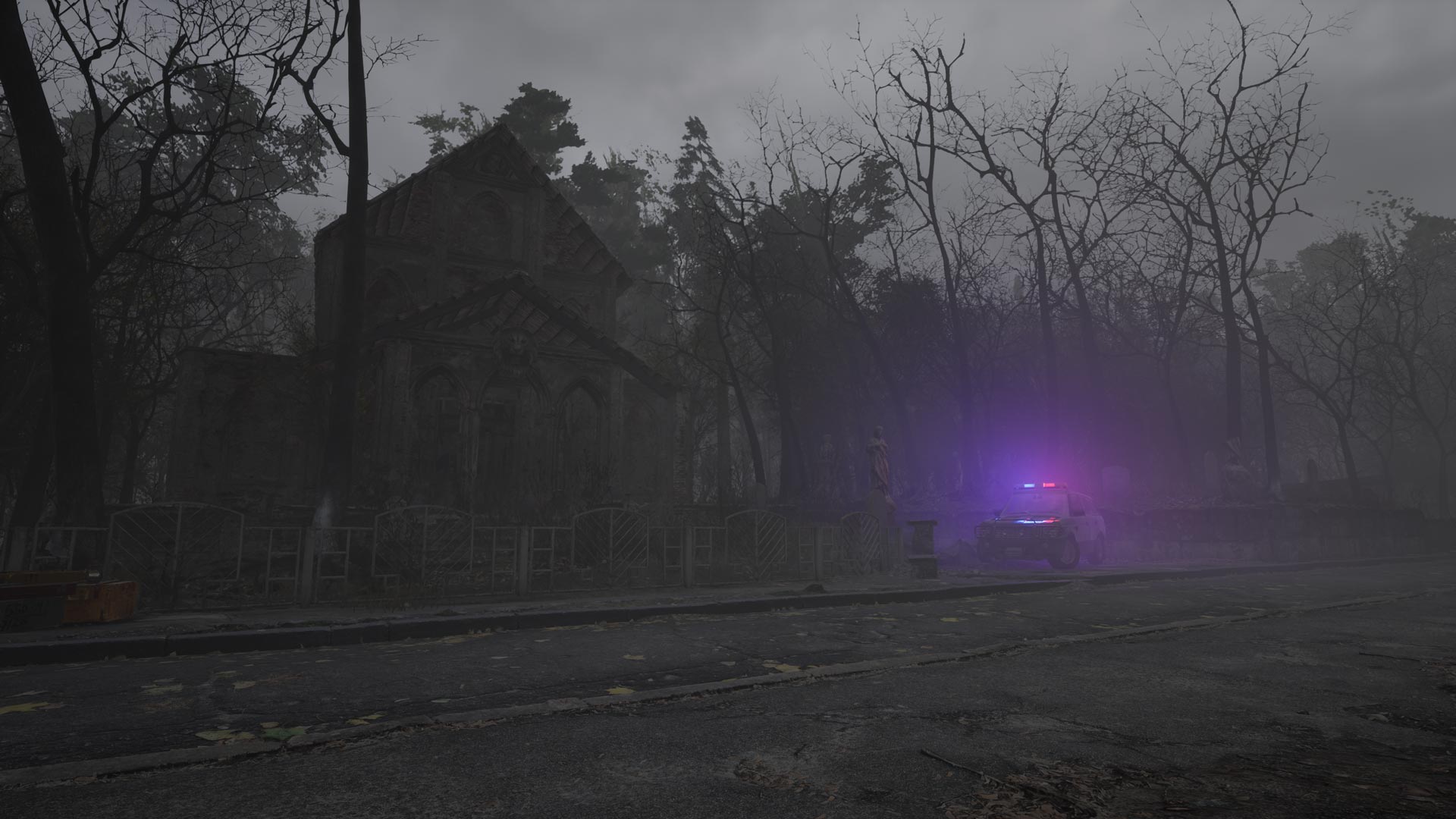
What inspires you to create such unique and atmospheric soundscapes for horror games?
I think it’s a certain incongruity. People won’t feel uneasy in a stable environment. You can’t evoke fear with a beautiful chord progression and the imaginings it gives the listener. It also can’t be too incongruous. I think you need just the smallest hint of incongruity to make the listener think “something’s wrong” or “something seems strange.”
Your music has a distinct and recognizable style. How do you maintain your artistic vision while also adapting your music to fit the unique requirements and constraints of different video game projects?
That is a great question (laughs). I think maybe it’s because I don’t imitate. Of course, at first you’d imitate someone and try to create an atmosphere like that, but it’s very important to go on to create your own thing. However, sometimes your creation may not be accepted, so you need to have your own philosophy. You need to ask yourself why you create such music when composing.
Even if you create something completely original, if your unique philosophy isn’t injected into it, it will be but dust in the wind. That’s why I think it’s so important to continue to ask myself “why am I creating this music?” over and over again. To really contemplate it.
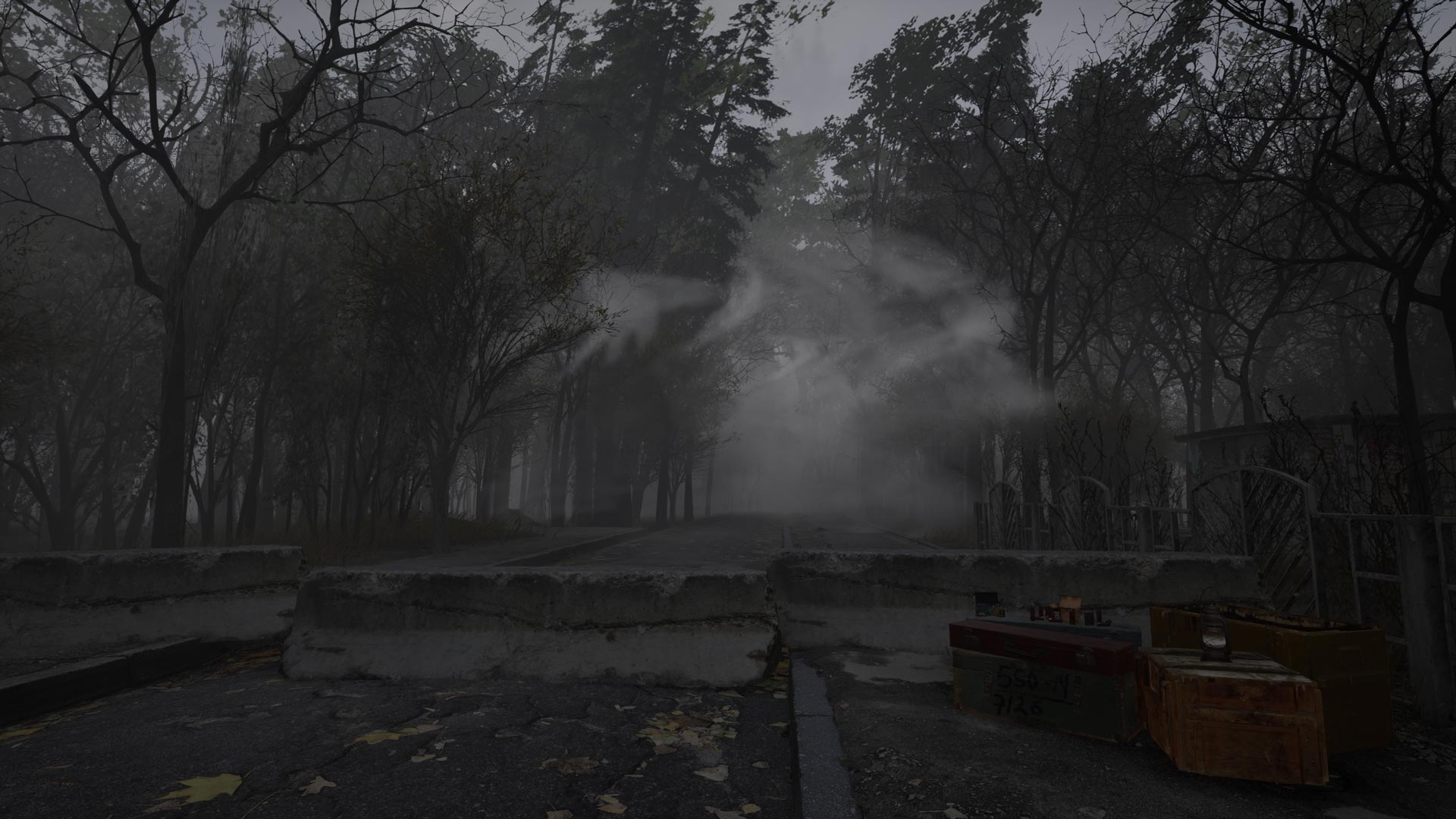
What do you attribute to your success as a music composer for video games, and what advice do you have for aspiring composers who want to enter the industry?
I believe a big factor is not relying on yourself too heavily and meeting many new people and encountering new works. Being involved with Silent Hill had a huge impact on me. Meeting the Silent Hill team also contributed to my success.
I think the best advice I have for someone wanting to break into this world would be to create your own sound design philosophy. Take on lots of small jobs and grasp the opportunities
that you are given.
You have worked on various projects beyond video games, such as films and music albums. How do you adapt your creative process when composing for different mediums, and what challenges and opportunities do you encounter when working in diverse artistic contexts?
I think it would be that in any of those works, sound is not the most important thing. For games, movies, TV, and anime, the most important factor is their artistic merit. Music is not the most important factor.
As the sound director, I must think about how I can contribute to this work. How can I increase its artistic merit? I tend to engage with all content creation with that in mind. That is all.
Stray Souls is coming to Xbox Series S|X and Xbox One this fall! Check out our brand-new trailer to hear Akira Yamaoka’s original song “Splintered Minds” from the Stray Souls soundtrack.

Stray Souls
Versus Evil, LLC
FEATURES:
• Explore the town of Aspen Falls and surrounding areas to uncover a malevolent plot set in motion at Daniel’s birth.
• Immerse yourself in Daniel’s story. Choose responses at key moments through branching dialogue options, shaping Daniel’s tone and personality.
• Fight hordes of nasty creatures or run for your life. Simplified combat without massive loadouts puts the focus on strategizing combat tactics and resource management.
• Solve dozens of clever puzzles with out of the box solutions to test your wit.
• Randomized systems ensure that enemy encounters, item locations, changing weather patterns, and strange phenomena all occur at various places, making each playthrough unique.
NEXT-GEN HORROR
Experience sheer terror like never before with the raw combined power of the Unreal 5 Engine and Metahuman technology. Advanced facial animations capture a wide range of human emotion, creating a whole new level of photorealism! Dynamic lighting and weather bring Aspen Falls to life in eerie detail, from the peeling wallpaper of Grandma’s house to the dense reaches of a fog-covered forest and beyond!
DEEP, IMMERSIVE STORY
Welcome to Aspen Falls, a small town plagued by a sinister curse devouring everything in its path. After inheriting the home of his estranged grandmother on his 18th birthday, Daniel thinks he’s won the lottery, but soon discovers luck had nothing to do with it. He’s now at the center of a dark ritual that threatens his very existence and must embark on a terrifying journey to uncover the secrets of his past.
FIGHT OR FLIGHT COMBAT
The choice is yours. Daniel is not a trained soldier. Grab a weapon and stand your ground or run to safety and save your health and ammo for one of the game’s tough bosses.
MIND-BENDING PUZZLES
Test your powers of deduction and problem solving on classic-style puzzles with a modern facelift.
MESMERIZING SOUNDTRACK
Haunting and ethereal at times. Hellacious and unnerving at others. Get lost in the captivating original score by veteran indie composer Peter Wicher on your journey across Aspen Falls.
